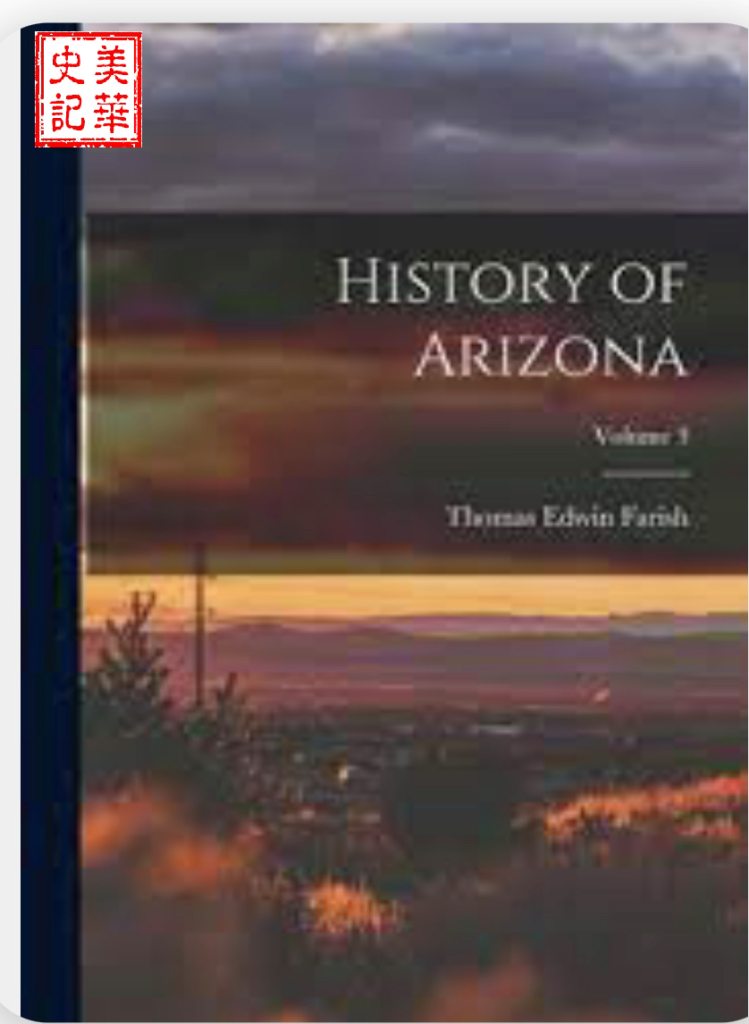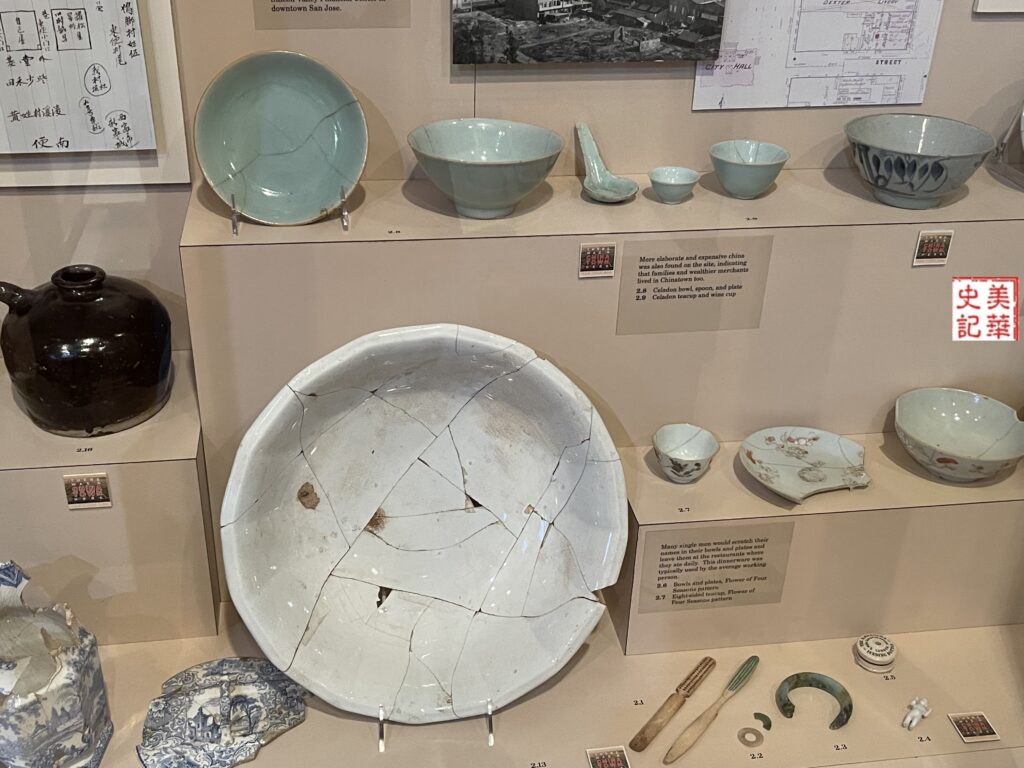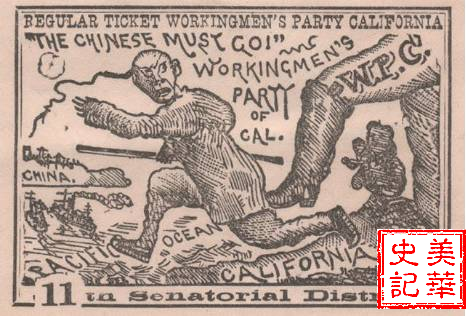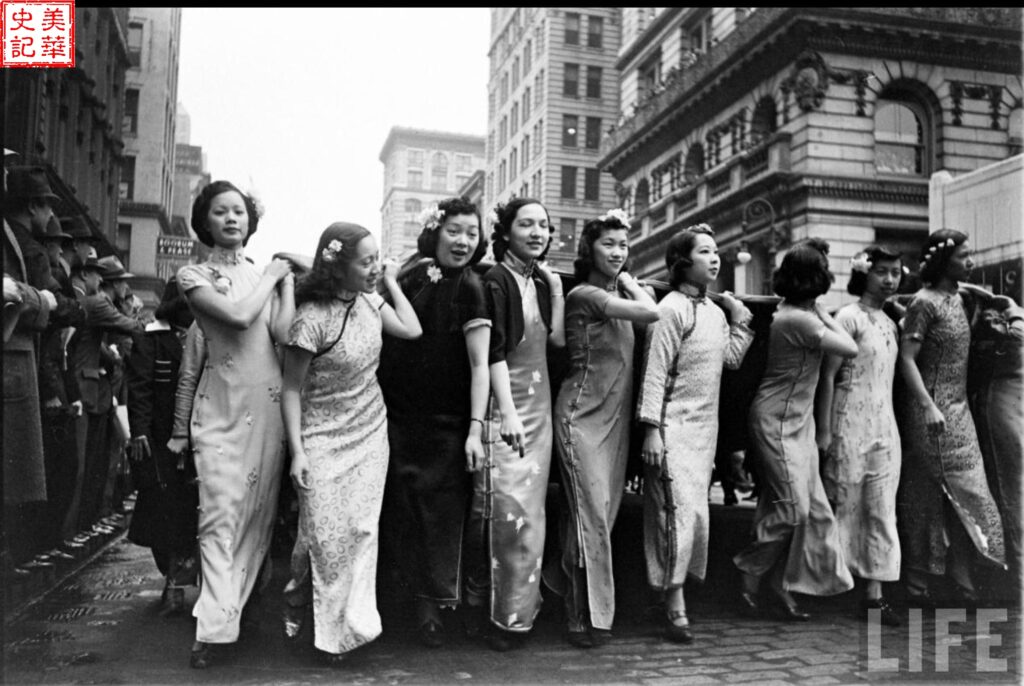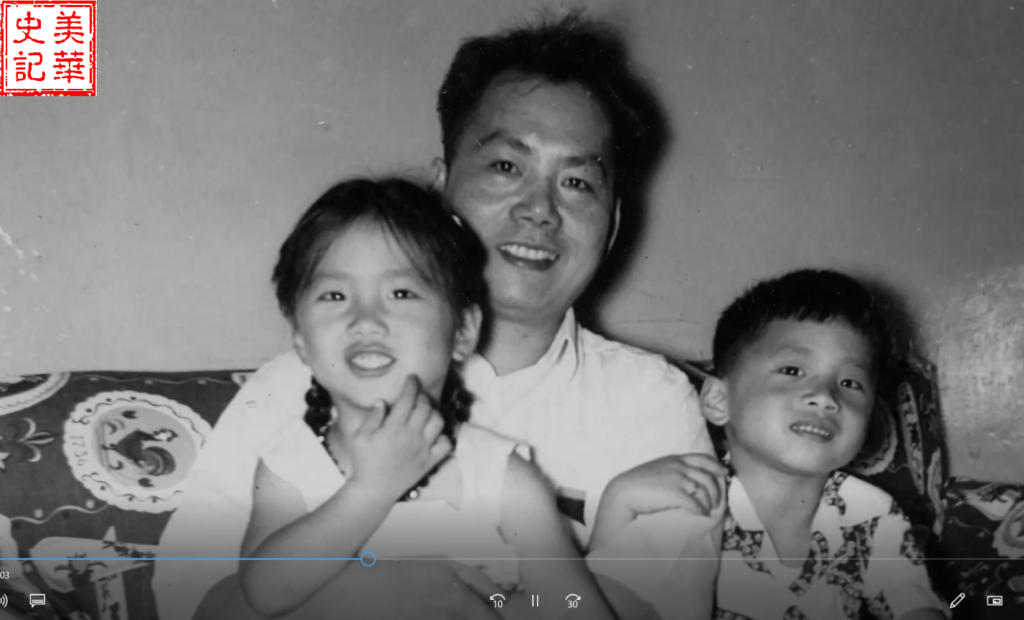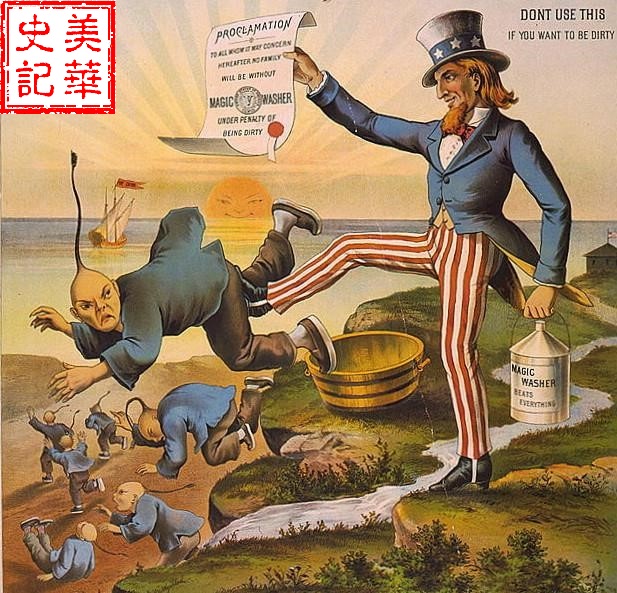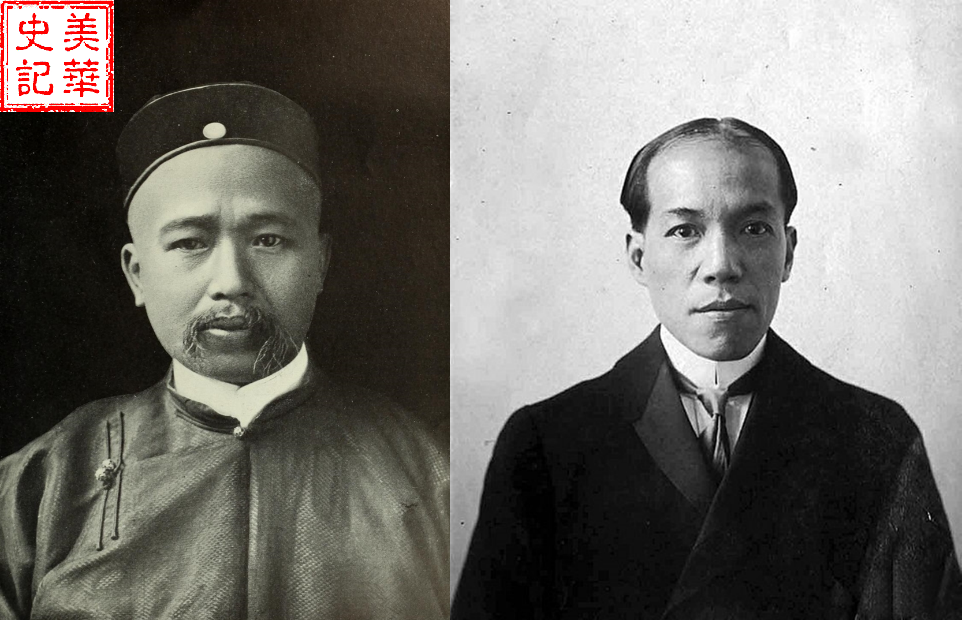Six U.S. Supreme Court Cases Pre- and Post the Chinese Exclusion Act
This article presents several historical cases from 1875 to 1905. Looking back, it was politicians who first rode the rising anti-Chinese waves to pass a series of Chinese exclusion laws. The Government formulated and implemented a series of regulations, gradually eroding the legitimate rights of the Chinese immigrants. The judiciary, represented by the Supreme Court, insisted on defending the Constitution and upholding justice before and in the early days after the passage of the Chinese Exclusion Act in 1882, and later concede in the facing more systematic Chinese exclusion laws. The voices of justice were drowned out, and the Chinese lost their last support. Although there were still kind and fair American people everywhere who cared for Chinese individuals and offered assistance in many ways, the Chinese immigrant community entered unprecedented difficult years.
Six U.S. Supreme Court Cases Pre- and Post the Chinese Exclusion Act Read More »

